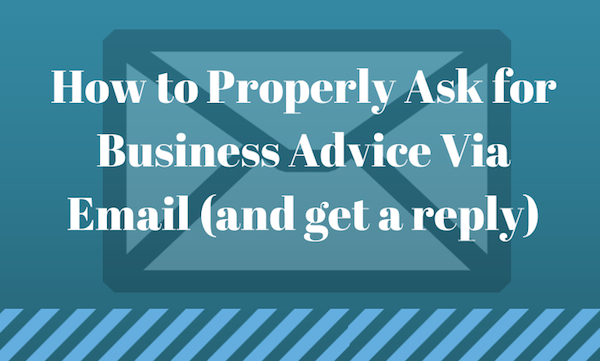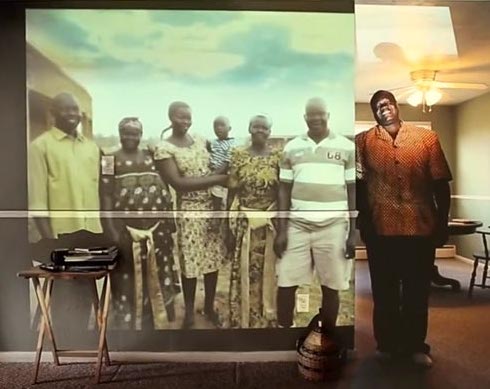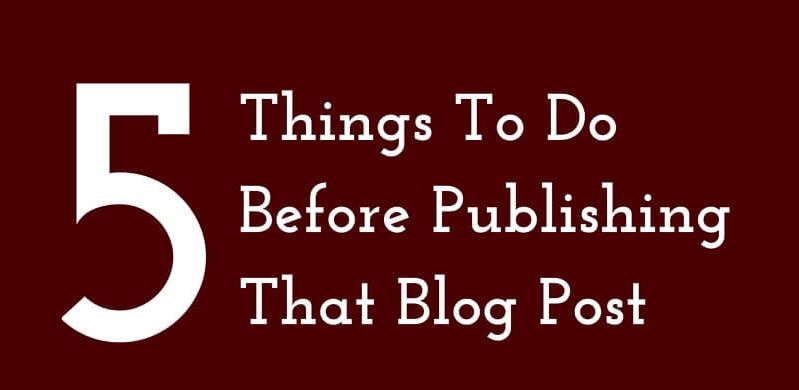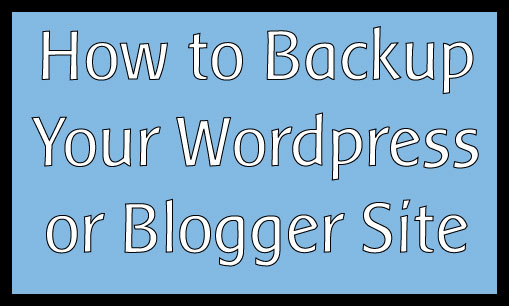5 Things to Consider When “Job Dating”, AKA Freelancing

Quick Glossary before we get started:
- The words “freelance” and “contract” will be used interchangeably throughout this post.
- The word “agency” will be representing a staffing agency.
- The word “company” simple means who your assignment is with.
I entered the wonderful world of contracting, AKA freelancing, in 2012 when my job and I decided to part ways (actually they decided it was time and I decided to celebrate with mid-day margaritas, but I digress). At the time, I was somewhat familiar with the concept of freelancing. Working in an agency, you get several people that come in for specific projects. Sometimes they’re there for a day, sometimes a few weeks or a few months. Then you may or may not see them again for the next project.
Often times, these people would use freelancing as their side hustle, working for several agencies or companies at their discretion. With an hourly rate that could range from $20-$125 (based on experience and job description), freelancers could easily make up to $5,000/week.

Think of freelancing as serial dating. Freelancing is your way of engaging with several companies without committing to one before you’re ready, without any judgment. Let’s be honest. In this day and age, we do not have time for anything or anyone that doesn’t make for a good long-term partnership. It’s pointless to make family introductions when you know they won’t make it past the weekend. Freelancing lets you see what’s out there while deciding what your next career move will be.
1. Know Your Level of Commitment: Short-Term vs. Long-Term Freelance Contracts
If you’re the type to plan a wedding after the first date, or only function well in relationships
that span a decade, freelancing may not be for you. Freelancing contracts can be short-term (as short as a day) or long-term (as long as 1-2 years).
When you first enter the freelance world, you may be tempted to go straight into a long-term contract for the stability. However, I would highly urge you to resist the temptation of a long-term contract, especially if you are fresh out of a full-time position.

Try to find something that allows you to work 2-4 weeks and gradually build your time. Then the next time, try 6-8 weeks and so forth. This will give you the opportunity to get comfortable with the freelance lifestyle and decide if you want to stick to it or look for something permanent.
Know what your options are going into the position. Are you covering someone’s vacation or maternity leave? Is this contract to hire? Manage your expectations based on the job description, and you won’t be left with the “he/she dumped me tears”, when it’s time for you to leave; especially if you knew this was a short-term situation to begin with.
However, it has been my experience to be contacted for a specific amount of time and the company decides to extend it based on my performance and their needs. This happens often so be prepared to stay or leave once the contact end date approaches.
2. Keep Your Freelance Options Open: Build Relationships With Multiple Recruiters
When you’re job-single and ready to mingle, you leave yourself open to the possibilities. Don’t rely only on one staffing agency to wine and dine you. Some agencies will have qualities that others won’t. Some are more aggressive, patient, willing to put in the work to find you a good and others just know you as a number. While it’s their intent to place you in a position that best fits both your skill set and what you’re searching for, remember their ultimate goal is to get as many candidates placed as quickly as possible ($$$$).

I’m currently registered with multiple agencies that cater to marketing/advertising/creative careers including Creative Circle and the Creative Group. I have no problems dating them all at the same time, until one presents me with the best offer. In this game, loyalty doesn’t get you a gold star.
After you’ve completed a few jobs, you will find yourself building stronger relationships with certain recruiters and being at the top of their contact list for certain positions. Once you’re in their database, you will most likely receive notifications about open positions. Don’t be afraid to apply to several or reach out to your preferred recruiter and inquire about the position. Also, when you’re not working and are actively searching, be sure to reach out to your recruiter and make sure they know you are available.
It is also good to start the conversation with your recruiter and seek more opportunities before your current project is complete (no more than a week before), so there isn’t a gap between assignments. Keep in mind, the process of getting placed can happen quickly so if you’re not ready to start/continue working, don’t apply.
I have landed my own freelance contracts through my personal relationships as an independent contractor/consultant. These contracts were project based but some projects have lasted as long as 9 months. In these instances, it’s just you and the company, so make sure you are comfortable negotiating directly.
Don’t be afraid to let people know you’re available to freelance in your field. A lot of companies are beginning to accept more freelancers/consultants so take advantage of the opportunity to have that conversation and tailor the position to fit your needs.

3. Never Settle For Just Any Freelance Position
Pickle Juice or Champagne? Nicki said, “But had I accepted the pickle juice, I would be drinking pickle juice right now.” ALL FACTS! Positioning yourself as a freelancer can be intimidating, especially if you left your previous job on bad terms. Couple that with questioning your abilities and impostor syndrome, it can make you desperate. But even in desperation and questioning, once you’ve decided your worth and what you bring to the table, don’t settle for anything less.
Related: How I Fight Imposter Syndrome
Don’t be surprised if a recruiter tries to talk you into a job that you’re not interested in OR try to talk you out of a job that THEY believe you’re not qualified for, especially when it comes to negotiating the rate-I’ve been through both. Stand your ground and do not back down on what you will and will not do.
You may notice there are certain companies that will attempt to treat freelancers like second-class citizens: temporary IDs, no access to servers, not being invited to company-wide events (for employees only). Don’t take it personal, because remember, this is just the dating phase. However if at any time you feel that the relationship is no longer working, especially if it is a long-term contract, contact your recruiter immediately and give them the date of your last day.

The good thing about freelancing is that you are not held to any contracts with the company you are working for (unless your contract is directly with the company). You are just a body filling a seat temporarily. If it doesn’t work, remember, they aren’t offering you any benefits, perks or bonuses. You should not have permanent loyalty to temporary situations.
4. Know Your Worth and Your Freelance Rates
Even in serial dating, you must set standards. What is your standard of acceptance that will ultimately affect your long-term goals? The same applies to your freelance rate. Now, how you measure the
“pickle juice to champagne scale” is completely up to you. But you should know what you will and will not accept, with room for negotiations.
If you haven’t figured out your freelance rate, here are two resources to help you determine your hourly rate.
Your Freelance Career & Your Rate
Most recruiters will try to convince you that your rate should be comparable to your most recent salary. However if you’re like a lot of people and you were earning below the average market salary, then bye bye bye. Lose my number, the date is over!
If you are not firm in what you are worth from the beginning, they will try to manipulate you to be more marketable. This can work for or against you. My personal opinion: don’t bend with that person from the beginning. Look elsewhere, take something cheaper and then wait for them to approach you with you’ve requested.

One thing to keep in mind is that your rate should also allow you to not just live but also provide room for health insurance. Most agencies will provide a healthcare option, or you can seek out an independent healthcare plan. In addition to the lack of health insurance, you do not have any paid vacation or sick days. When you don’t work, you don’t get paid. If you want to work all year long, that’s fine but remember: kids get sick, you get sick, and you may need a mental NO B.S. holiday. So leave room for that.
Also, leave room for gaps in which the hiring season may be slow (which tends to happen around the holidays and top of the year). If you don’t work for 1-2 months, will you be okay? Basically, don’t depend on a temporary snack to turn into a full time meal ticket. (FYI: Most agencies will pay you weekly!)
5. Understand That No Two Freelance Positions Are the Same
So you think you’ve met bae, but bae shows his or her natural tail, and now you’re back in the dating pool. Yes, you probably got attached when you shouldn’t have, but it happens to the best of us. You see another with bae potential, and think umm…too many similar qualities as the last one. Fair but inaccurate. There is a difference between being 100% sure something isn’t for you and there being a possibility that something isn’t for you.
I’ve had experiences that left a terrible taste in my mouth, so much so that I refused to work with a particular type of company for years. After persuasion and need for income, I decided to go against my previous experience and go with a similar type of company. Let’s just say that while the two companies do the same work, my freelance experience was much more pleasant than I ever imagined. And yes, my freelance contract was extended.

No two companies are alike. After you’ve freelanced for a while, you’ll begin to swap stories with other freelancers and get a feel for different companies. You will gain your own understanding for what does and does not work for you. You’ll also have a much easier time telling an agency, “No I don’t want that position”, knowing another opportunity isn’t too far behind.
Freelancing allows you the freedom that full-time employment does not. You set your own work/vacation schedule and you are able to work for several companies to determine your best fit before committing. Most times, you do not work over 40 hours and you don’t owe anyone an explanation as to why you’re not returning. It’s a way to bae-shop on lease without exchanging rings.
I highly recommend freelancing if you are looking to slowly transition careers or need more flexibility with your schedule. Remember, you’re dating jobs, if it doesn’t work, you can try something else or settle down with something more permanent. No hard feelings and no strings attached.
Brittni “Bri” Cullar is the writer and Chief Storyteller behind Pink Collar Creators. Mommy, Wife, Chicago Native, she loves telling stories and collaborating with other creatives. Unicorns, Marketing, Jesus, the Arts, and Culture are her passion. You can catch her creating dope experiences and snatching edges to push people into their purpose. Drop her a note at bri@pinkcollarco.com or Instagram







